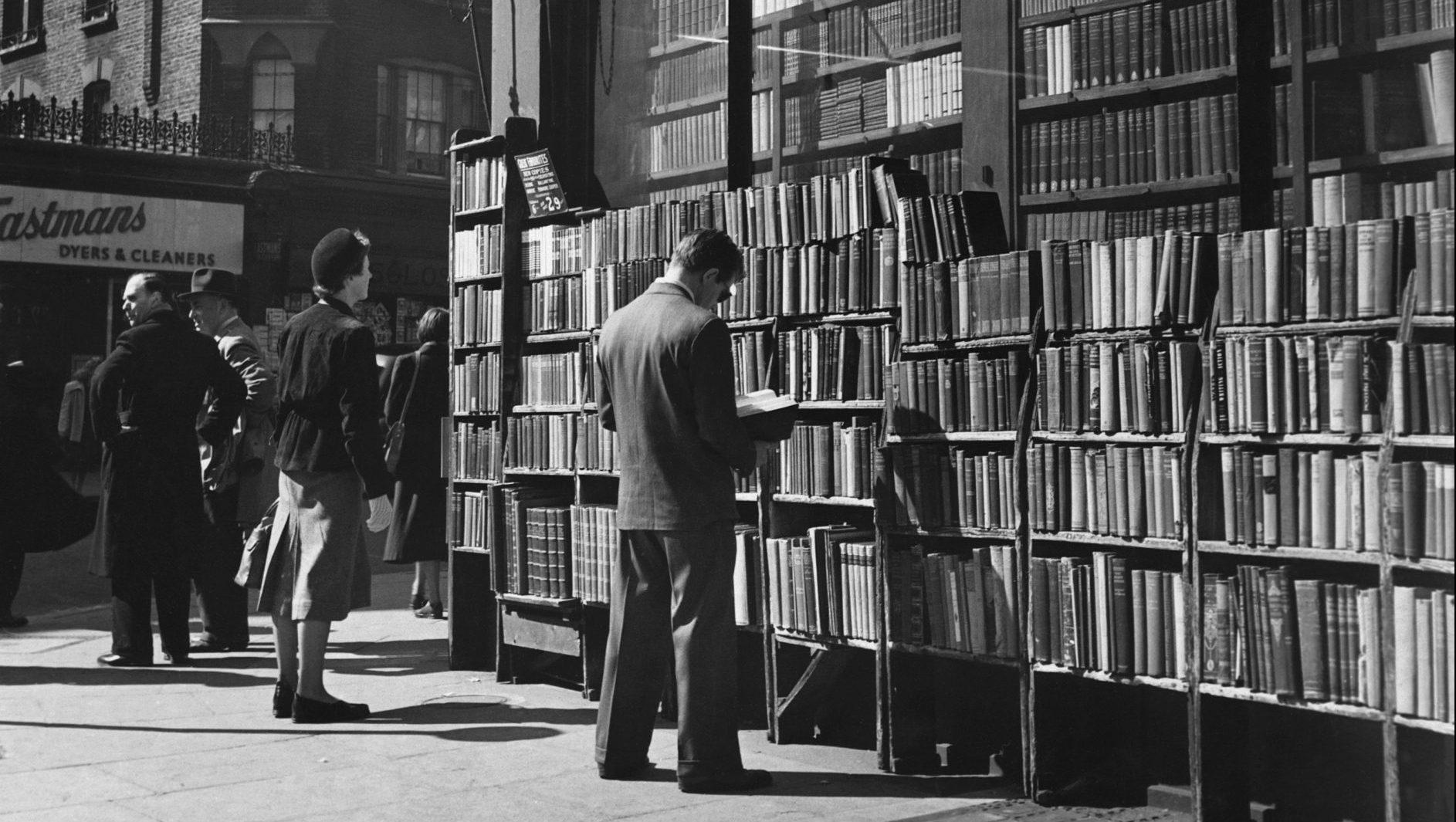I have, over the past few years, become quite obsessed with reading fantasy books. My most recent outing was Maud Martha, by Gwendolyn Brooks. Over around 150 short, snappy but beautiful pages, the author goes through the life of a Black woman in America, from the early 20th century until after the war. The prose is gorgeous, and each vignette is both engrossing and deeply poetic.
Before this, I raced through John O’Hara’s Appointment in Samarra, which details the last days of Julian English, and the minutiae of life in small-town Pennsylvania in the 1920s. It doesn’t sound thrilling but it was; there was a real rhythm to it, and each character was remarkably full of life.
At the end of last year I picked up Utz, by Bruce Chatwin, and found it to be both charming and quite amazingly quirky. Why should I care about the trials and tribulations of an odd little Czechoslovakian man whose obsession in life is to collect Meissen porcelain? Well, why shouldn’t I?
Now, you may be reading this and thinking: huh. There’s a problem here. She doesn’t know what “fantasy” means, does she? Where are the dragons, the knights, the people with superpowers, all of it? And I will take your point, kindly, but argue that I absolutely meant what I wrote.
These books are fantasy to me, not because of what’s in them, but because of what isn’t. Maud Martha’s life goes on and on and she has to deal with the world changing around her, but she never has to use a mobile phone. Julian English has 99 problems but, bless him, an overly full inbox isn’never know: it hadn’t even been invented when the book was being written.
What these novels have in common is that they feel entirely removed from the life I lead. Reading them is like going on holiday to a distant, foreign land, both because they take me to eras and countries I’ve never experienced but, crucially, because the lack of technology in them means that I get to truly switch off. It is no exaggeration to say that they have changed my life.
I didn’t even plan for any of it to happen. It was a happy accident. A few years ago, I finally managed to get back into reading fiction after around a decade of trying and failing to reconnect with the bookworm I’d been as a child. It was brilliant, but presented me with an unforeseen problem: how to afford all these books I now yearned to read?
The one trick I’d found to truly get back into books – here I am, passing it on for free! – was to guiltlessly give up on any novel I didn’t find enjoyable after even just a dozen pages. Trying to push through just annoyed me too much, and would put me off books again for months at a time. It wasn’t worth it.
Again, though, there was that one issue I started facing. How was I, a person of reasonable but hardly remarkable means, supposed to afford to buy 60, 70 books a year? I have a busy life. I go out a lot, exercise a lot, and require foreign sun several times a year. I just didn’t have all this money to spare.
The solution I found was to start spending a lot of time in second-hand bookshops. There, I could buy endless novels for two or three quid a go, and remorselessly get rid of the ones I just couldn’t get into. Over time, a pattern started developing: instead of searching for new releases, I began looking for increasingly obscure books.
Zeitgeisty, recent releases didn’t really attract me anymore, but I started living for odd, forgotten, sometimes out-of-print novels which would surprise me. It’s how I found Sandor Marai’s Embers, which turned out to be a Hungarian classic, and John Rechy’s City of Night, which I now regard as life-changing.
Freed from this obsession with keeping up with contemporary literature, I opened a door to an entire century’s worth of works, from across the globe. It’s one of the best things that’s happened to me, and I feel much richer for having stepped into that new, old world. It’s also made me question the choices of today’s publishing industry.
Is it really true that people want to read novels where characters spend their time at their desks or glued to their phones? Do readers really want to escape by learning about people who act and sound the same as them? Maybe they do! But I worry that they’re missing out. My foray into second-hand reading has brought me to charming, tiny little books and to very long ones with countless extraneous tangents.
It’s shown me complex, unknowable characters and transported me to worlds which couldn’t be more foreign from my own. Isn’t that what reading ought to be about? Oh, and if you’re after one more recommendation: I’m currently devouring The Queen Necklace, written by Antal Szerb in 1943. It’s a riot. No, really, it is. Trust me.












